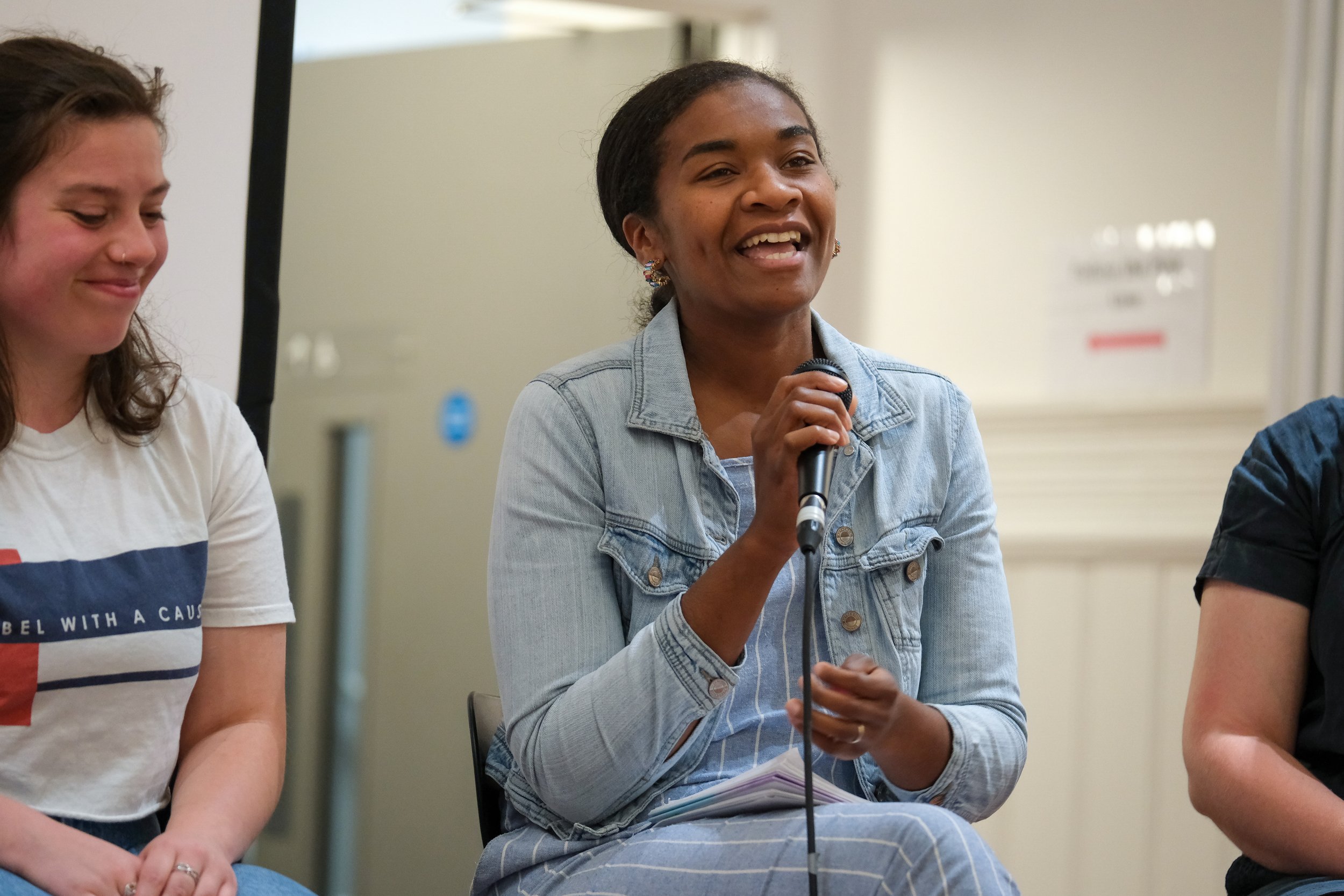Climate Action
The climate emergency is one of the biggest challenges facing our society today, not least across the Highlands & Islands where the effects of climate change are already being felt strongly.
But climate change is not just an environmental problem but a social problem too, and the Community Knowledge Matters network is interested in exploring the relationship between climate change and mental health and wellbeing.
We have also been supporting other networks and activities across the Highlands & Islands that promote community-led research and action around climate change. See more below for past and current projects.
Current Projects
Photo credit: Nicky Murray
Climate Change Working Group
We have formed a working group to explore the intersections between climate change and mental health & wellbeing, with a focus on reflecting on institutional barriers and opportunities for communities to take the lead on research and action that promotes better mental health & wellbeing in the context of climate change.
If you are interested in finding out more about this working group please contact lauren@scienceceilidh.com
Highlands & Islands Climate Change Community Researcher group (community lab)
We host a group on our online forum community lab for people interested in the role of community-led research around climate change specifically. Anyone is welcome to join the group for a chance to connect with peers.
Past Projects
Highlands & Islands Climate Change Community Research Grants
Photo credit: Paul Maguire
Through our wider work as Science Ceilidh, we have been supporting a network of community groups across the Highlands and Islands who are funded through small “relationship building” grants to lead partnerships with researchers that respond to local climate change issues.
Between 2022 and 2024, the Highlands & Islands Climate Change Community Grants programme funded 15 community groups to work with researchers on a climate change issue that mattered to them and their communities. This scheme, delivered by Science Ceilidh and the British Science Association, and funded by UKRI, aimed to develop equitable, collaborative relationships between local communities and researchers.
The programme also sought to explore how participatory grant giving which funds communities directly – alongside a package of support – can enable more meaningful knowledge exchange and capacity building efforts.
Hear from some of our community-researcher partnerships about why they feel it’s important that communities are able to lead on research about climate change in their communities. (Video credit: Paul Maguire Film)
About the Programme
In Phase 1 (2022), 9 grassroots community groups across the Highlands & Islands were matched with professional researchers, to work on a climate change issue that mattered to them, with knowledge flowing both ways. You can read learnings from phase 1 of the programme here, alongside an impact report from UKRI.
In Phase 2 (2023-4), this programme was expanded with the launch of 6 “New Voices” Grants, designed to support new and amplify existing community ‘voices’ in the programme, giving priority to community groups that are often underrepresented in climate action, research & innovation including:
those from an ethnic minority background;
speakers of minoritised languages;
those who face disadvantage including in terms of educational and economic opportunities.
This sat alongside our Capacity Building Grants, for the first cohort of 9 funded partnerships, to build on learning from their community-led research projects, with tailored support for groups to strengthen their organisational capacity and identify ways to sustain community-led research in the long term.
Photo Credit: Nicky Murray
Support Network
Photo Credit: Nicky Murray
The groups were supported by Science Ceilidh throughout the programme through a series of Community of Practice sessions, emphasising peer learning and connectivity between projects across the Highlands & Islands, with one-to-one support also available.
A bespoke training programme was also developed to address specific needs and challenges that the groups were facing, as part of an attempt to build more widespread capacity for community-led research on climate change across the region.
Impact & Learning
The Scottish Community Development Centre compiled a report exploring the impact of this kind of relational funding, supporting communities to lead on (climate change) research. Key findings from the report show that:
There was demonstrable value of the community groups being directly in charge of the budget which allowed them to plan out how best to use the funding to achieve their aims.
The community groups and researchers have developed strong, equitable and collaborative relationships.
The process of developing, growing and sustaining community activity is complex and requires time, resources and dedicated support. This is particularly important for groups who have the lowest capacity and who are working with underserved, marginalised and vulnerable communities.
One-to-one support, network building activities and opportunities for peer-learning helped to foster partnerships on climate change, and gave community groups new confidence in their ability to affect local change and engage in research.
Capacity building funding, that was not tied to project delivery, was innovative and helped to address underlying issues of capacity for many local groups, which can have an impact on their ability to successfully deliver their projects and particularly to take follow-up actions based on their findings.
Climate change work was a real ‘anchor’ for communities and researchers to collaborate – while climate is not always an easy topic to engage in, it is something that everyone has a stake in.



















































































































This programme has now ended, but Science Ceilidh continues to support communities to lead on (climate change) research through the wider Community Knowledge Matters network where it also convenes a new climate change working group and hosts a group on our online forum community lab for people interested in the role of community-led research around climate change specifically. Anyone is welcome to join the group for a chance to connect with peers.






